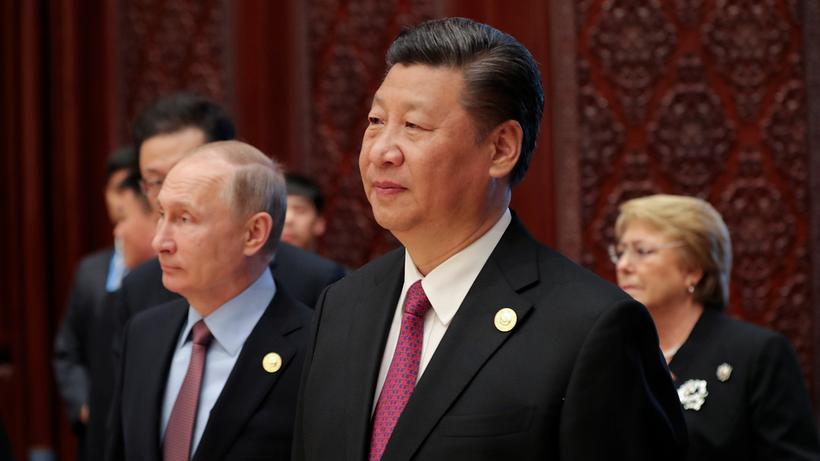
Europe: Jerusalem First
With the unilateral recognition of Jerusalem as the capital of Israel, the United States emphasizes its strategic and even moral deterioration. However, this alleged way to accelerate the peace is not only an exercise in cynicism; it is also a caricature of “America First.” In fact, it's Israel First. In exchange for the unconditional gift to Benjamin Netanyahu, the U.S. gets nothing: no guarantee that there will be a process or that it will lead anywhere. Once more the U.S. turns its back on the United Nations and the world, exacerbating the Palestinians’ grievance, and in addition, making life more insecure.
In December 2016, Barack Obama allowed the Security Council to condemn the Israeli settlements (Resolution 2334). The greater pressure was on the stronger side because a negotiation was intended, not a surrender. But of course, Donald Trump does not know that the constructions in East Jerusalem continue; he doesn’t even seem to care much about Israel (where only Netanyahu wins with this – or his Saudi ally – whom he puts in a predicament ) nor does he seem to care much about Turkey, which is moving away from the U.S.
To ignore the European Union has become the new normal. First, the Paris climate agreement; then, the nuclear agreement with Iran. Now, a say in the peace process is stolen from Europe: First Jerusalem prevails, then some breadcrumbs from the West Bank will come, and in the end, anything. What is at stake is the so-called normative power of Europe.
If ignoring international law and foregoing consensus comes so cheaply, then what is left for us Europeans? Angela Merkel said it after the NATO Summit in May, and she probably still thinks the same: Europe can no longer rely on Washington for its safety. In fact, the U.S. has become a major strategic risk for the European project. But it is difficult for our leaders – like the strategy of the High Representative Federica Mogherini – to assume that there is a fundamental disagreement with Washington.* A healthy relationship with this administration is impossible. And the worst is yet to come: As things get complicated at home, Trump will seek to collect easy prey abroad.
The good news is that there is an opportunity. France can set the tone of the new Europe in this matter and collect the inheritance of the battered American leadership in the Middle East. The arrogance of Netanyahu in the Council of Ministers of Foreign Affairs of the European Union has led everyone to agree. Emmanuel Macron has demanded the end of the settlements; now a peace initiative inspired by the French plan of 2016 is possible. The latter has been put on ice, but it can be reactivated if the armistice between Hamas and Fatah crystallizes into a trustworthy Palestinian interlocutor. This plan would have the support of Russia, China, and the Arab countries, possibly without Washington at the outset; but the EU cannot be dragged along by its unpredictable ally. In Jerusalem, Europe's revival or its collapse is at stake.
*Editor’s note: Federica Mogherini is the High Representative of the Union for Foreign Affairs and Security Policy. The High Representative is the chief coordinator and representative of the Common Foreign and Security Policy within the European Union.


